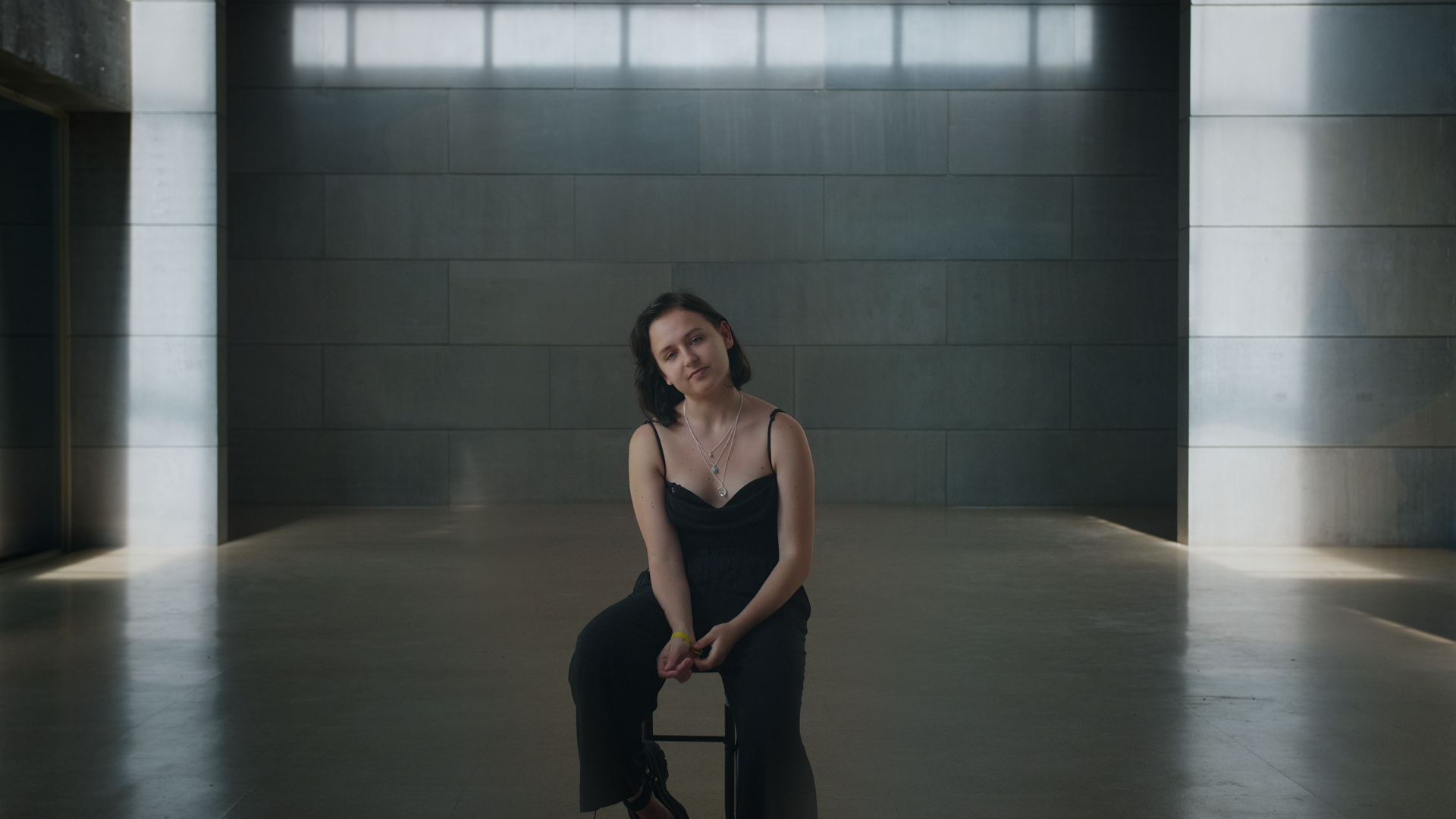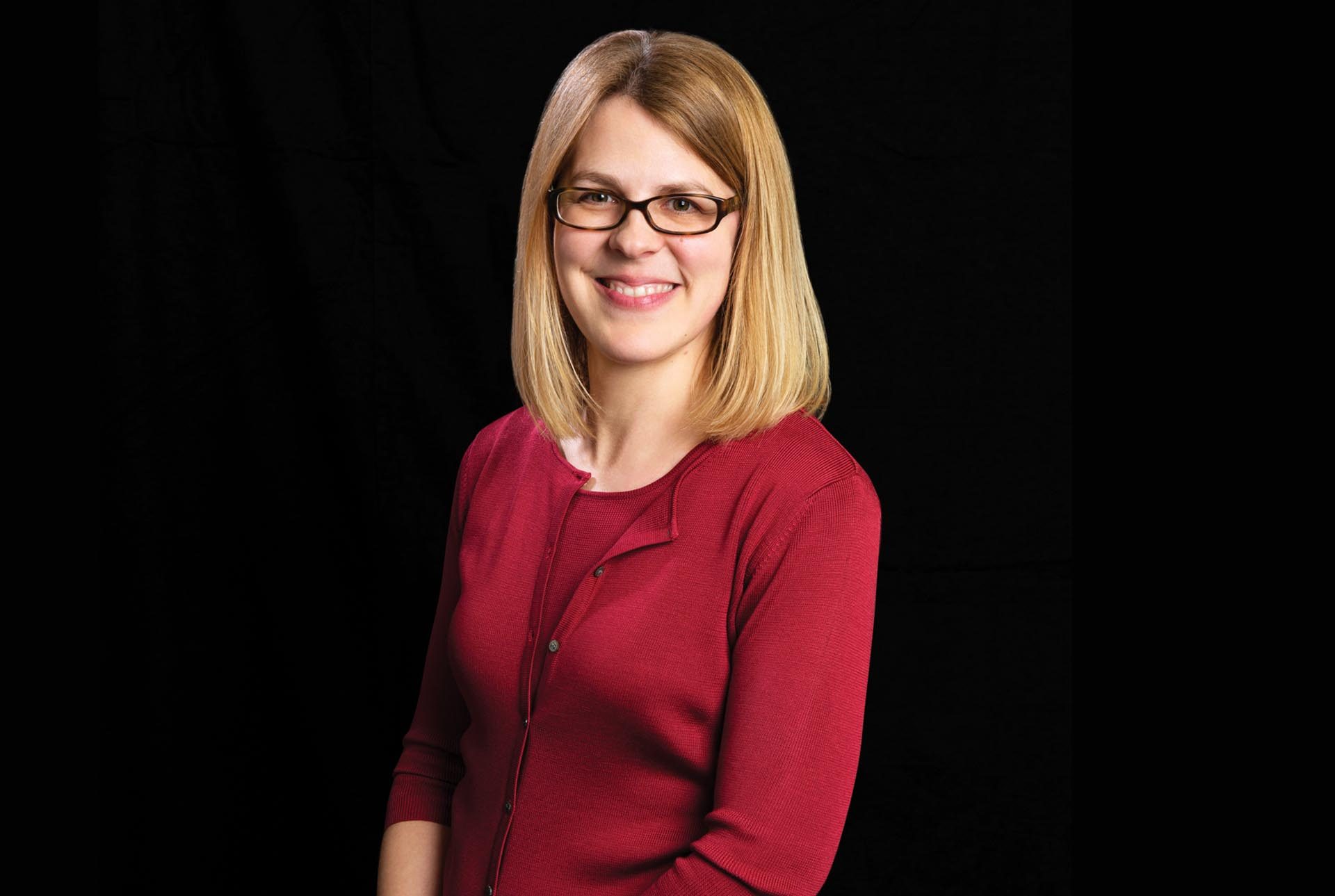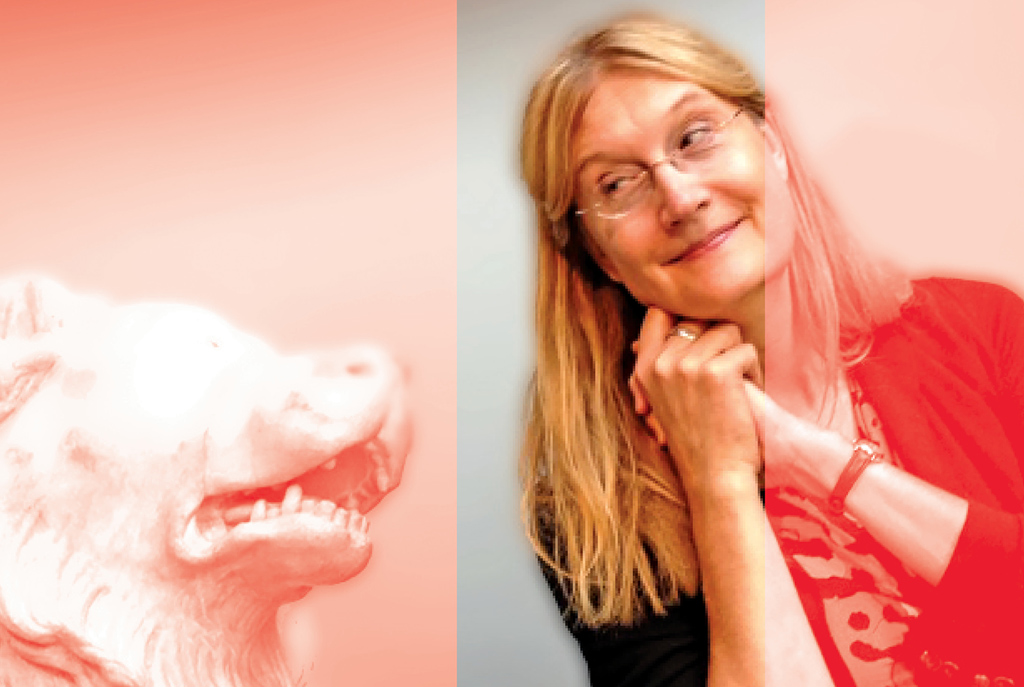(Un)Conventional Summer: Luca D’Agruma ’27 at the Democratic National Convention
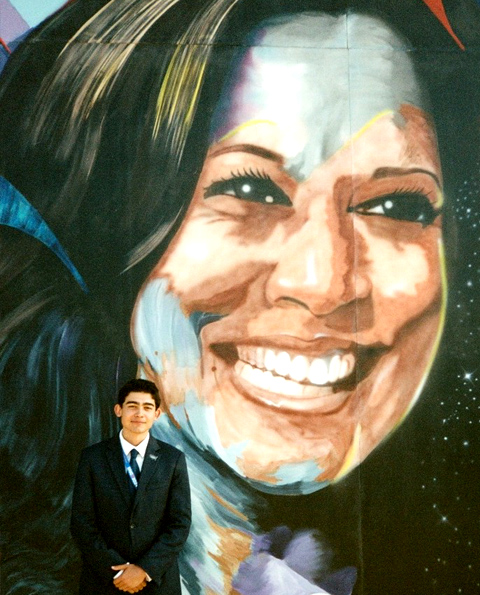
Ahead of the first presidential election in which he’s eligible to cast a ballot , 19-year-old Luca D’Agruma ’27 had the rare opportunity to represent California’s 24th Congressional District as a delegate to the Democratic National Convention in Chicago. “This election is about re-articulating the project of our country in a way that appeals to young people,” he says, “to broaden the American dream as an inclusive project for everyone.” Here, D’Agruma traces his path to becoming a delegate, demonstrating that finding your voice and making a meaningful impact is far less daunting than it seems.
Luca D’Agruma ’27: I grew up in a politically conscious household. When [my family] moved to the West Coast, California had been facing massive issues: housing and displacement, climate change, fire safety, workers’ rights. I grew up wanting to understand my place in it all and what I could do to improve my community. In 2018 [my hometown of] Santa Barbara experienced a record-breaking fire and a deadly mudslide that claimed the lives of people in my vicinity. That point became a genesis for something more.
It felt like a lot of issues were getting worse, and it was very frustrating to be so young and not have any ways to engage. So, I started getting involved, volunteering for organizations nationally and locally throughout middle school and high school, phone banking or knocking on doors for organizations like Justice Democrats and the Sunrise Movement. I interned on the [U.S. Representative] Katie Porter campaign, I interned for United Farm Workers, any organization that would have me. I decided to get involved in my local Young Democrats chapter when they had an open seat—I have friends who refer to me affectionately as the young, young, Young Dem. I became their representative at the local party’s board, then I got involved with the statewide California Young Democrats organization as the regional director, representing three counties for about nine months.
People have misconceptions about how hard it is to get involved and have a voice: it took me, like, two years to get pretty seriously involved, and I have a significant voice when it comes to who we endorse for city council races and whatnot. The people most committed to an organization’s success are going to have a say in what it does.
Later, I ran to be a seated, elected member of the local Democratic Party central committee. I was not elected, but I did get around 2,600 votes—I had an election night party with some of my friends at Wesleyan. Afterward, I thought, it would be really great to continue engaging by becoming a delegate to the [Democratic National] convention.
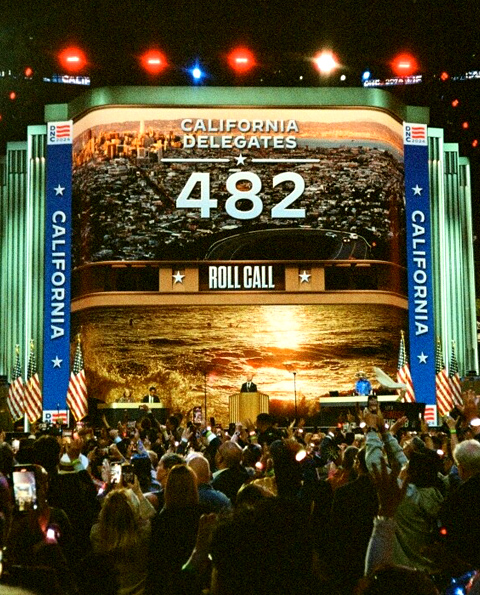
People don’t want to feel like every election is always the most important. But when we have a political moment where one side is talking about taking away fundamental rights for millions of Americans, when the discourse in this country has become about finding internal enemies, the stakes can’t be higher.
Each state party has a different selection plan. In California, around 90 percent of registered Democrats in my congressional district voted to re-nominate President Joe Biden and Vice President Kamala Harris in the March 2024 primary and Biden was allocated all the delegates in my congressional district—six delegates, plus one alternate. After that, the state party ran an online caucus where people could sign up to either run as or cast a ballot for district-level delegates. I was 18 and I was registered to vote as a Democrat, so I was equipped to represent my party.
I submitted my application to run, the Biden campaign vetted me—I had never had any connection to the Biden campaign, but I’m fairly Google-able—then there was a 24-hour period in which people could vote. Our bylaws say that there must be an equal number of [self-identified] male and female delegates; I ended up with the most votes of the male candidates. I was confirmed by the California Democratic Party executive board several weeks later, then I was confirmed as a delegate. This process happens every four years.
“My theory of change is that hope is always going to be stronger than fear. If we work to build relationships with people, there really are no boundaries for what we can accomplish.”
Luca D’Agruma ’27
We live in a representative democracy. As an environmentalist, as a labor rights activist, as a young person, it’s important to help shape our party’s priorities and our coalition’s priorities to reflect not only me, but the people who voted for me and the district that I represent and the communities I know.
My plane was delayed, and I got to [the convention in] Chicago super late, past the time that they were running shuttles to my hotel. I took a taxi, went to bed, then I had to wake up early to get to a different hotel where we had our programming. I fell into a routine of going to get my credentials, having breakfast, then I went to the labor caucus, the environmental and climate crisis council, then the youth council meetings throughout those four days, listening to what they were working on and what their priorities were. In the early afternoon, I would go back to my hotel, charge my phone, then get on a shuttle to the United Center.
It was cool to see hundreds of other young delegates—there’s just so much diversity of perspective and location. I only knew, like, two people from my district [before the convention], but in Chicago, I met someone from my home district that I’d never met before [because] he was from a different county in that district. I met someone who’s a freshman at Middlebury. I met so many different people and had so many great conversations with volunteers, with elected officials, with other delegates.
Shawn Fain’s and Alexandria Ocasio-Cortez’s speeches on Monday night were really strong. Both the Obamas were so striking. Tim Walz’s speech and Kamala Harris’s speech felt so presidential and so serious and so needed in this moment. That’s when I felt the most like there was so much possibility for the future. [This] was a room of 20,000 people roaring and chanting, “We’re not going back.” It wasn’t just a rational series of actions: there was something special and unique and romantic about being there. That power of a crowd—I’d never experienced that before.
The convention hasn’t really changed how I approach politics, but it put in perspective [that] the ability to do something is multiplied by how many people are willing to do it.
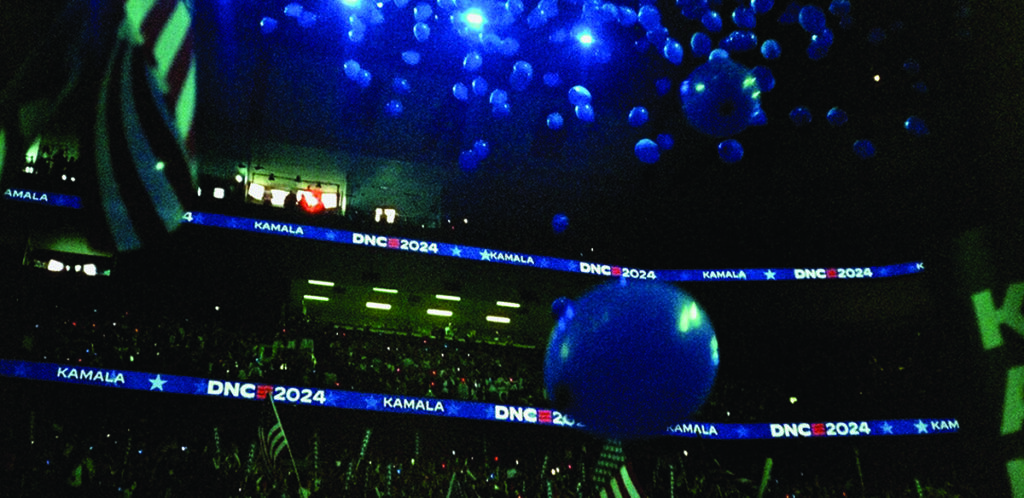
I got back to campus and decided I wanted to do more to energize the Wesleyan community before the election. I connected with some other people and on debate night we launched Wesleyan for Harris, a coalition of individual students, alumni, and faculty members who want to make sure that students are registered and can vote where they want to, whether that is their home state or here in Connecticut and helping them get past roadblocks to vote. We’re looking to do a bunch of different community events, to canvass in different places and get students out to knock on doors, but also help the Wesleyan community specifically make it as easy as possible for people to exercise their right to vote.
We’re on a small liberal arts college campus, in a blue state that’s not going to be all that competitive. But every election matters, whether that’s local, state, or federal—some of these races are decided by a few hundred to a few thousand votes, and those have cascading impacts on people. Whether we canvass in Pennsylvania or in a swing district in Connecticut, or if we’re just making sure that every student can vote or engaging alumni to get involved in their communities, there are so many avenues to make a difference. And it’s so much easier when you know there are other people willing to do it with you.
It can feel like we’re not as connected to the systems of power, but we are interconnected people. We can improve things not by abstaining or refusing to participate, but by building networks of people about our shared beliefs, our values, and what future we want to create.
My theory of change is that hope is always going to be stronger than fear. If we work to build relationships with people, there really are no boundaries for what we can accomplish. We’re only limited by our imagination.

